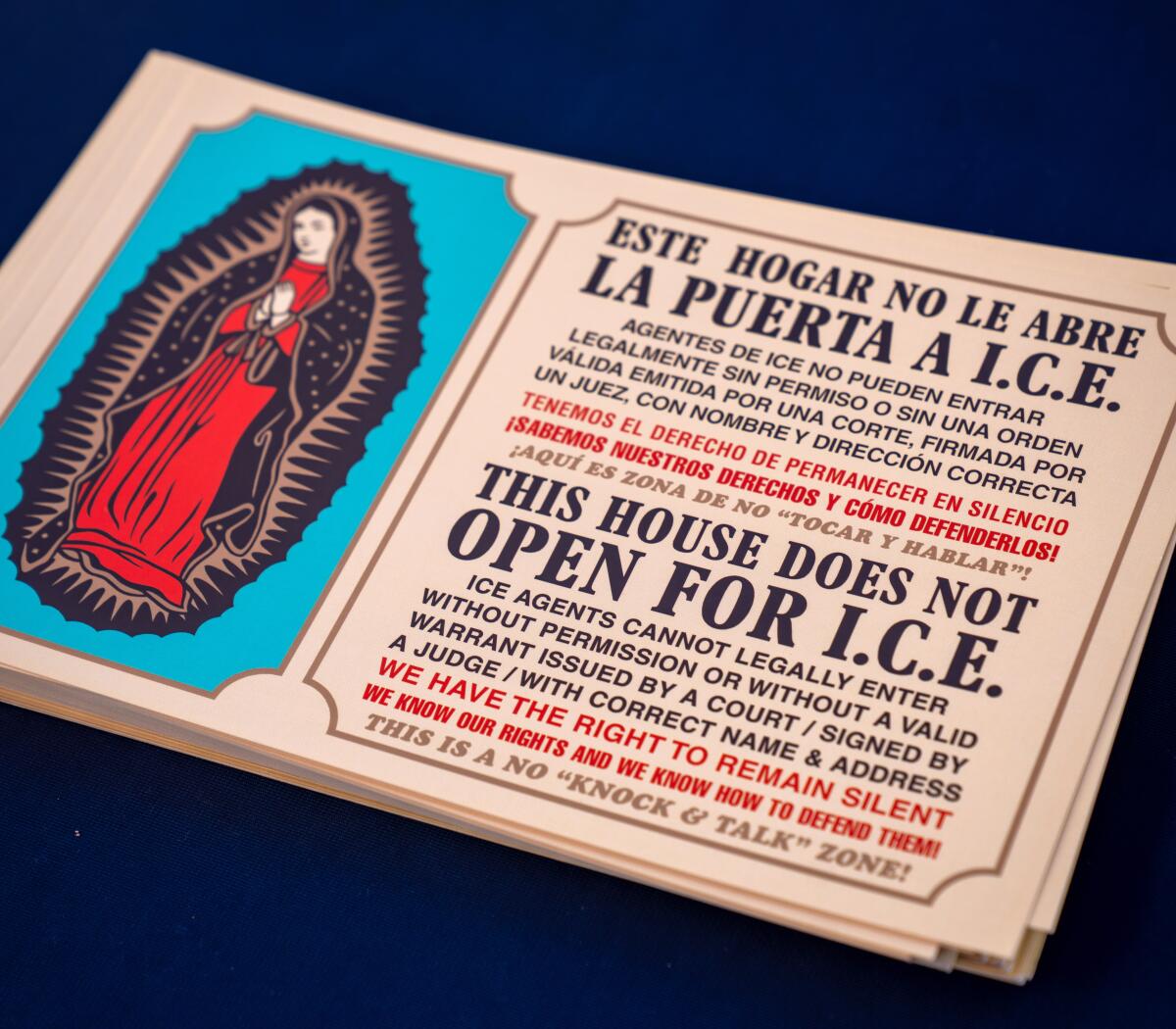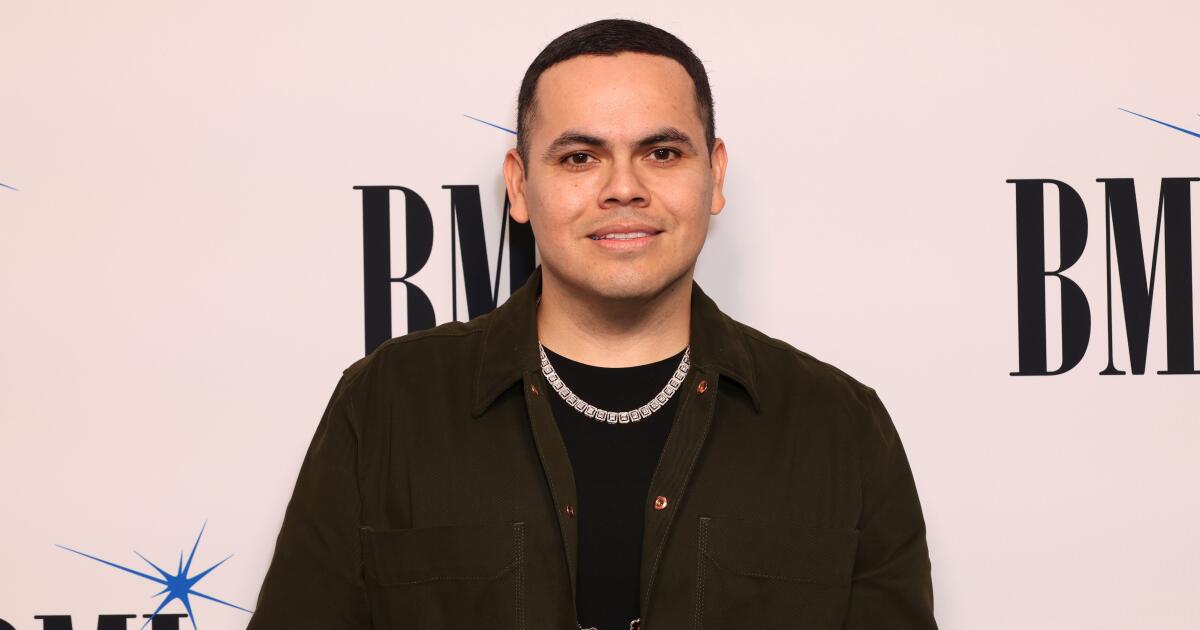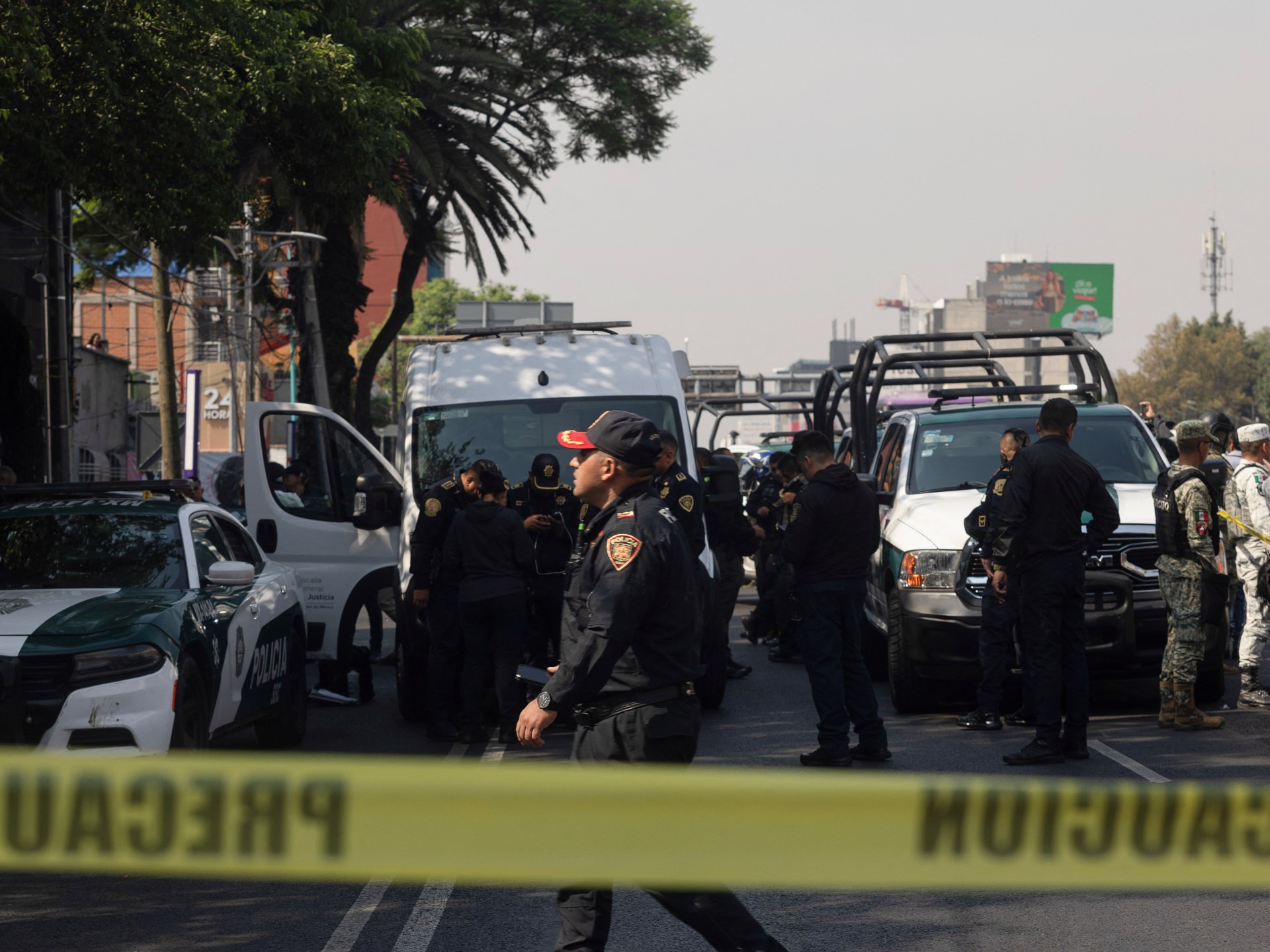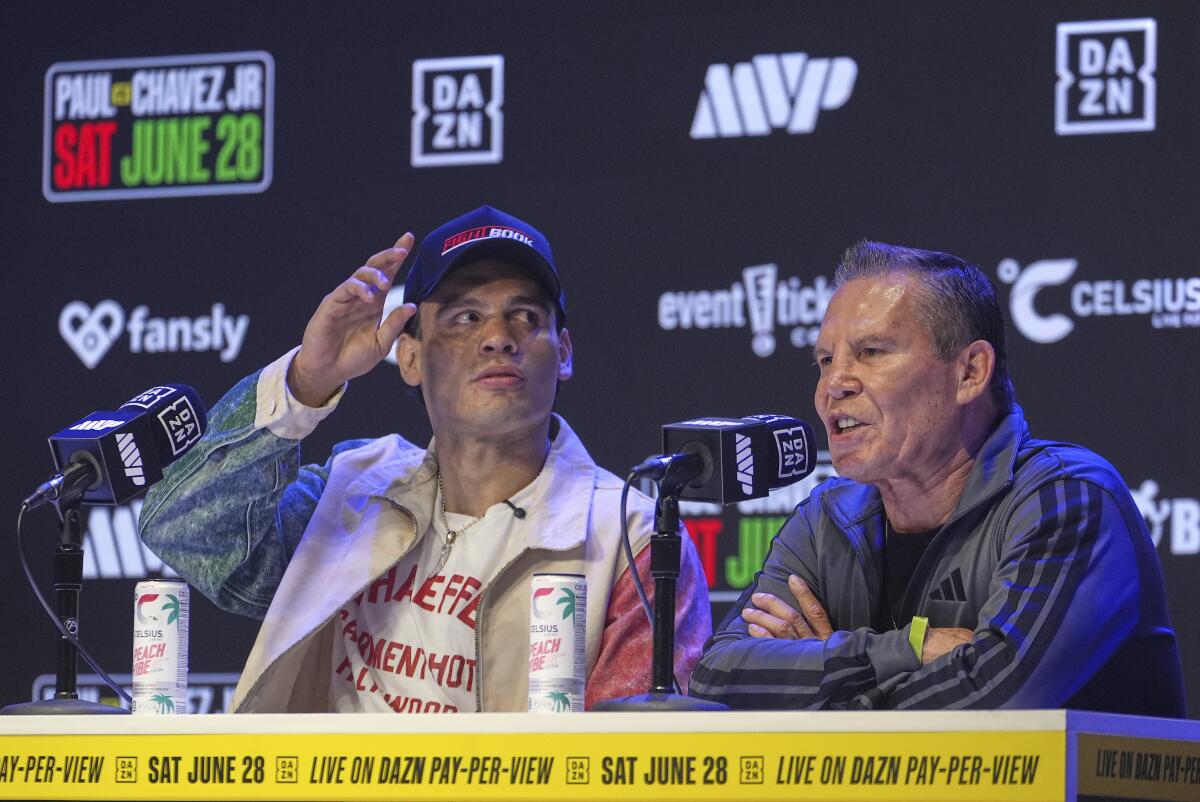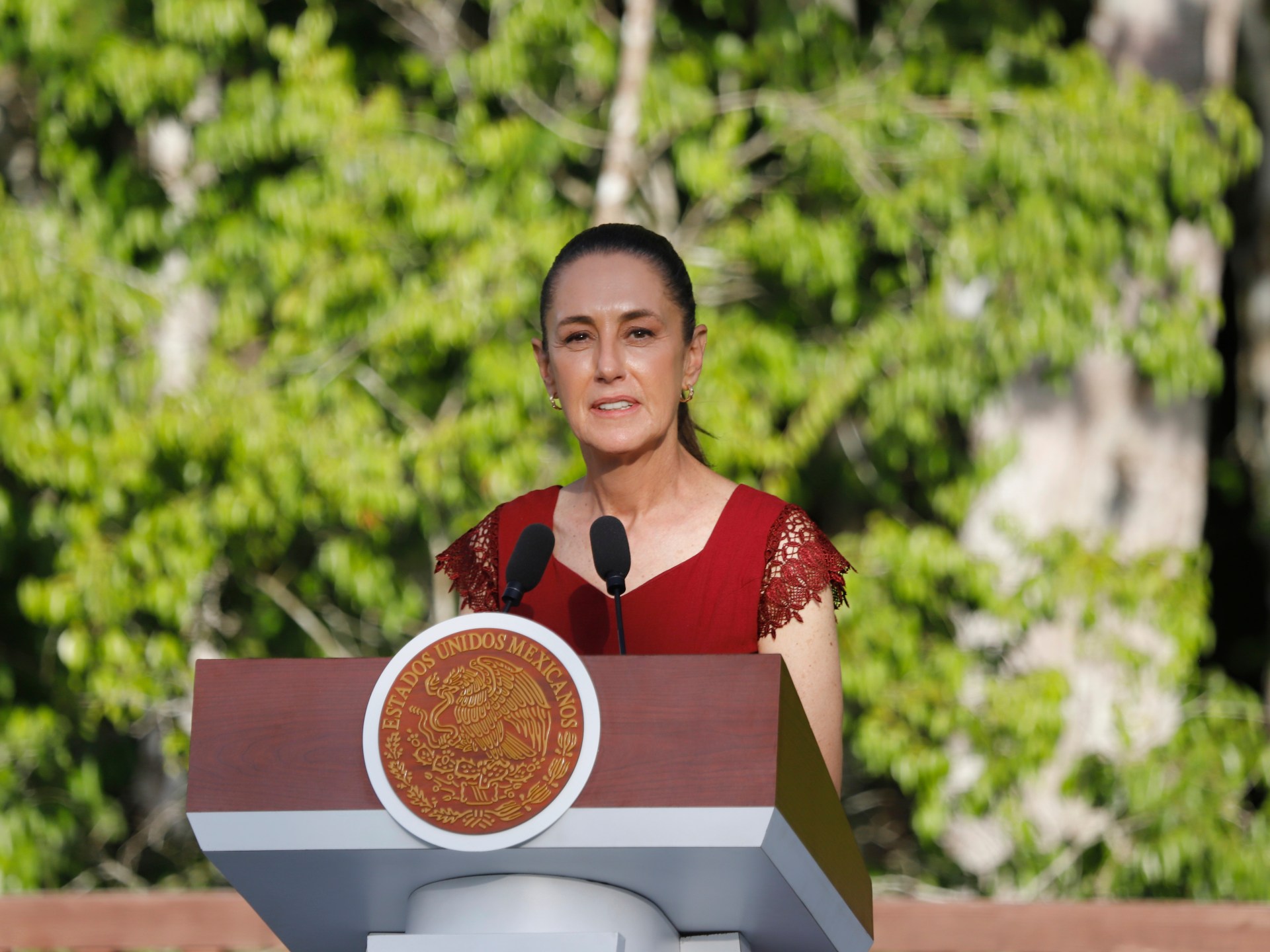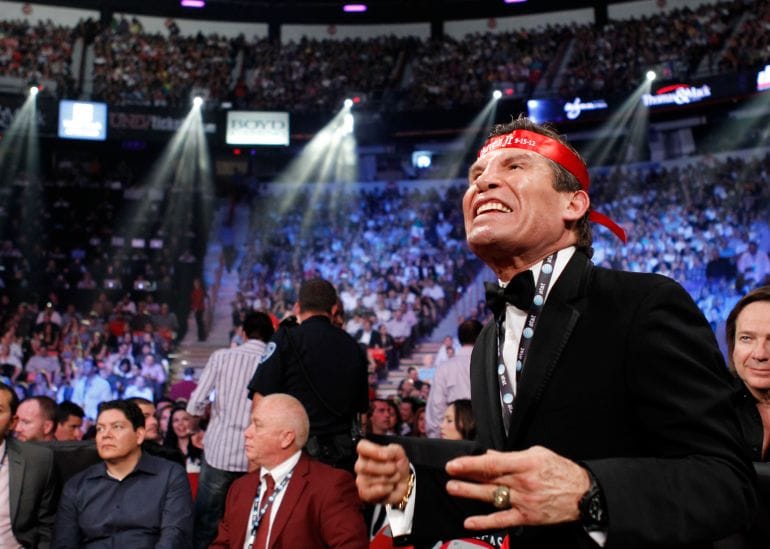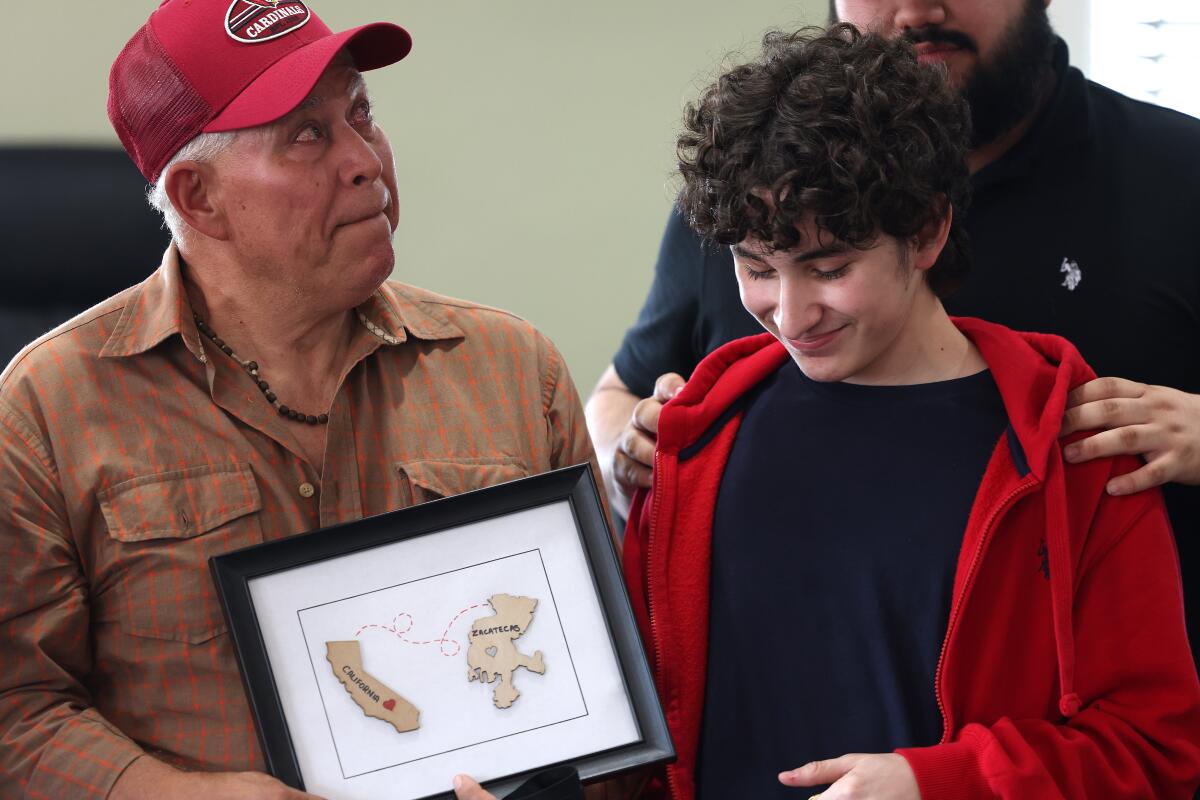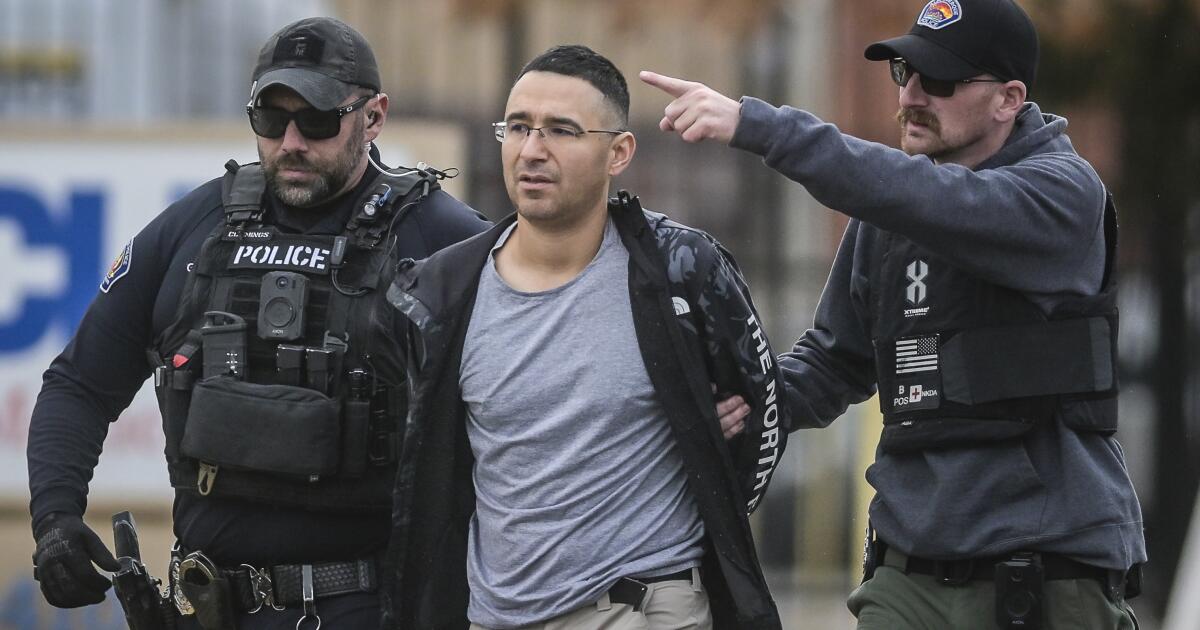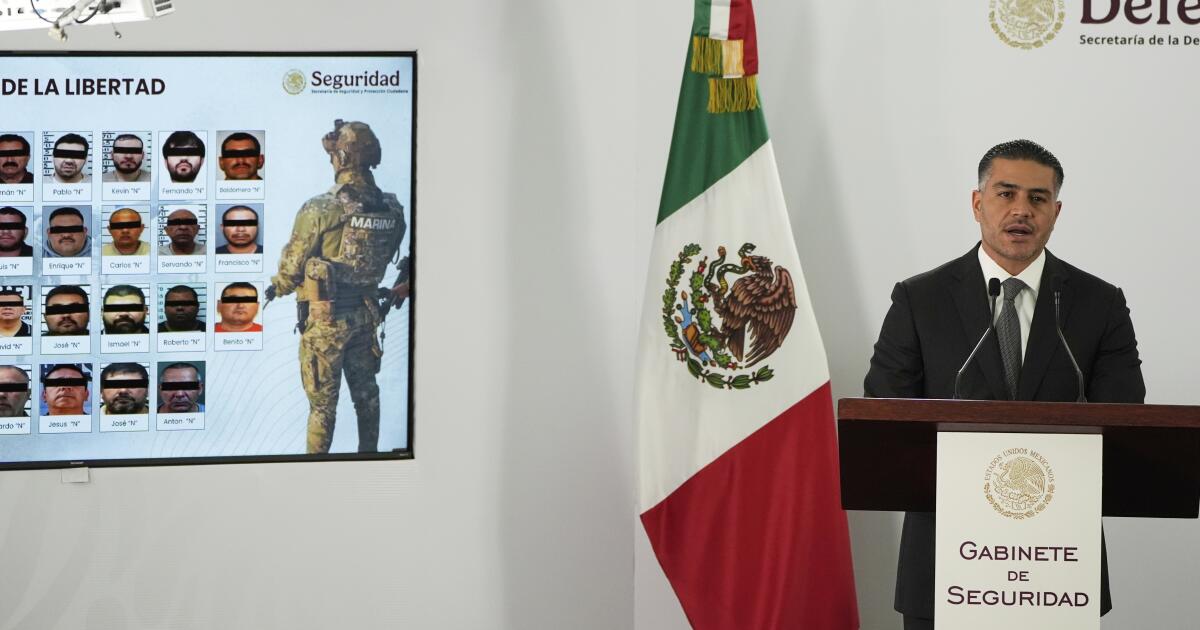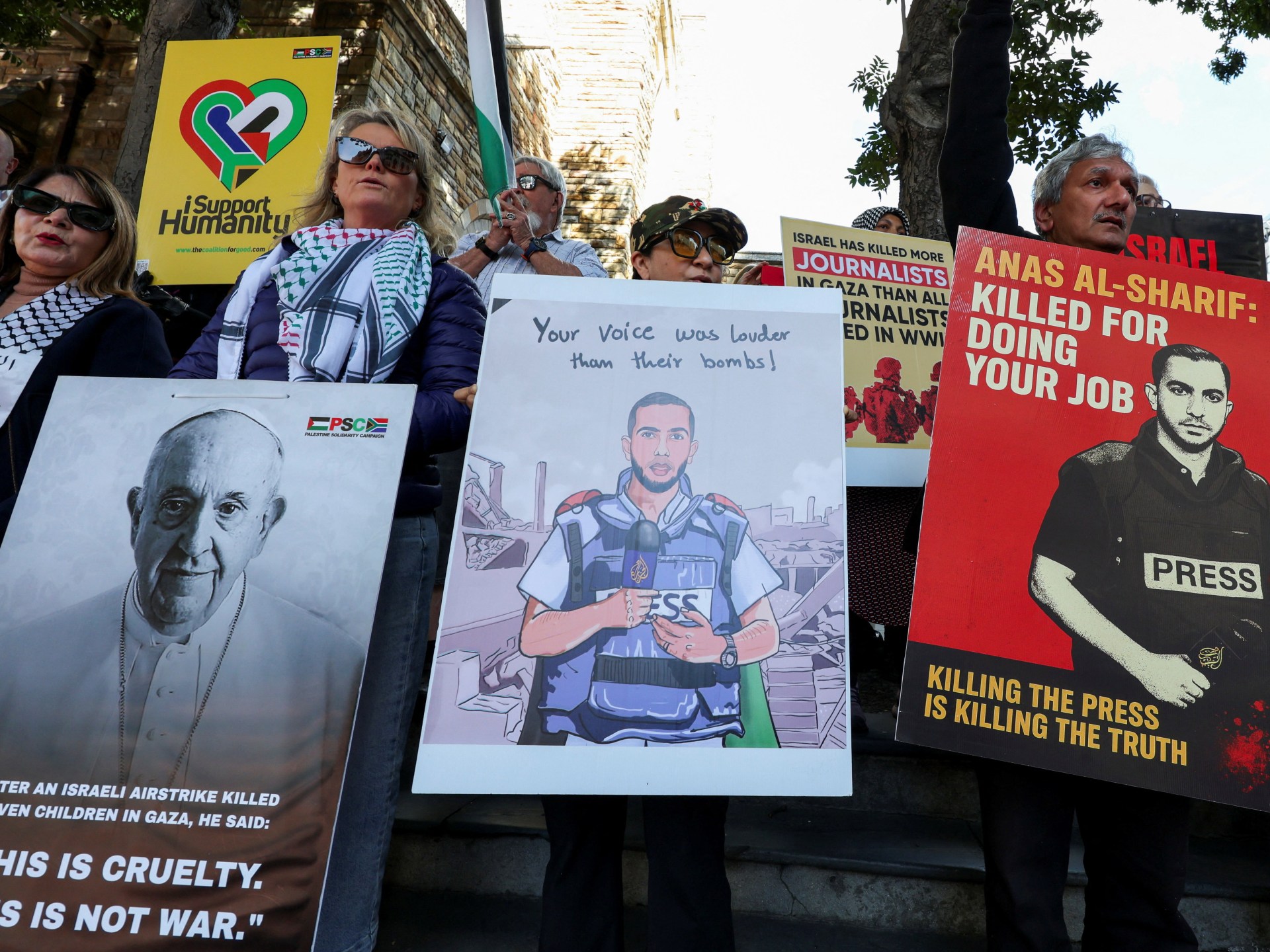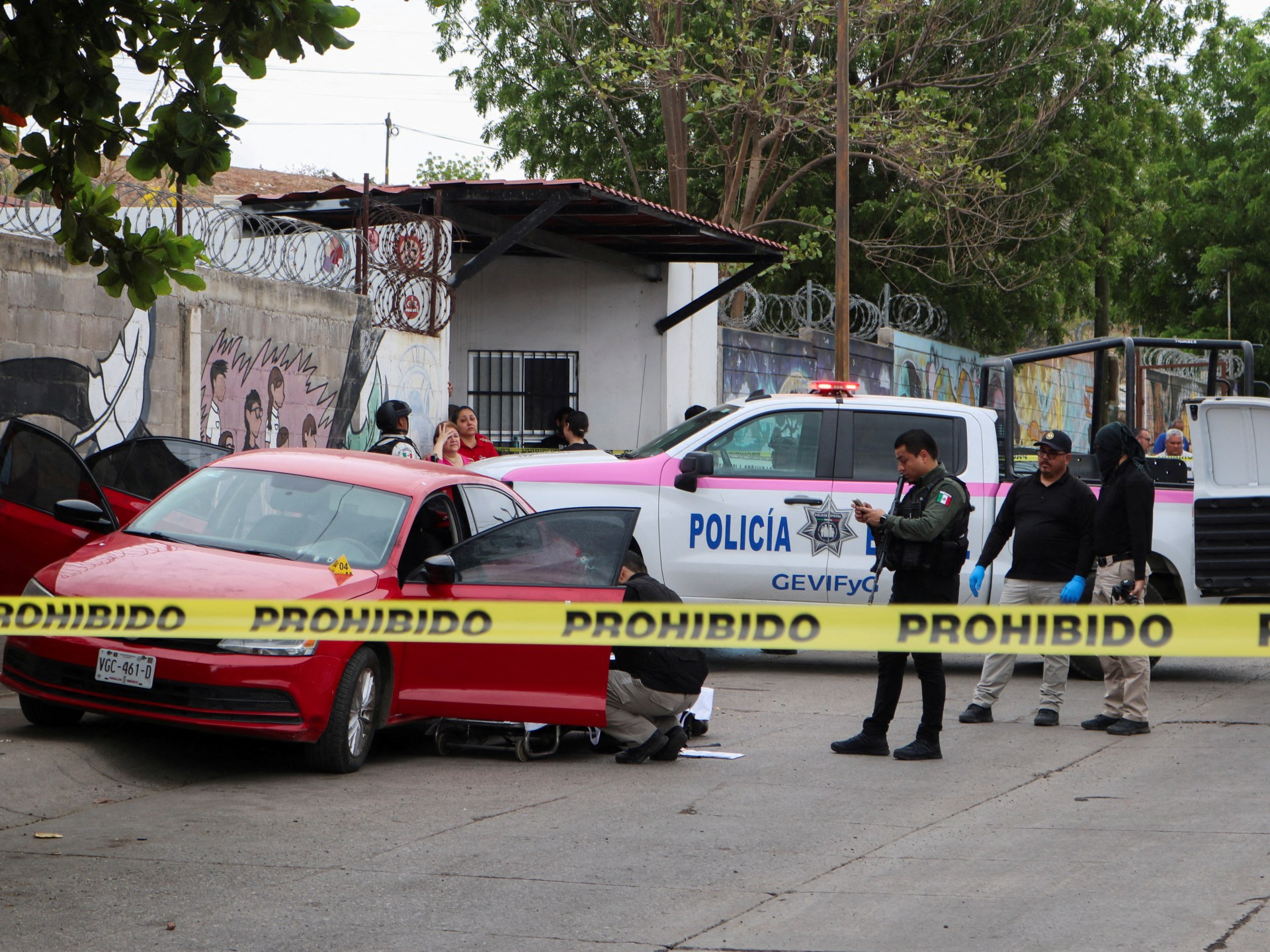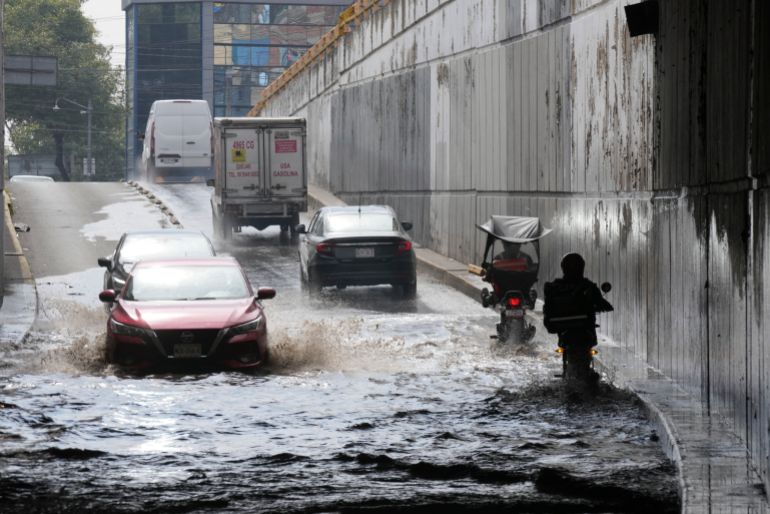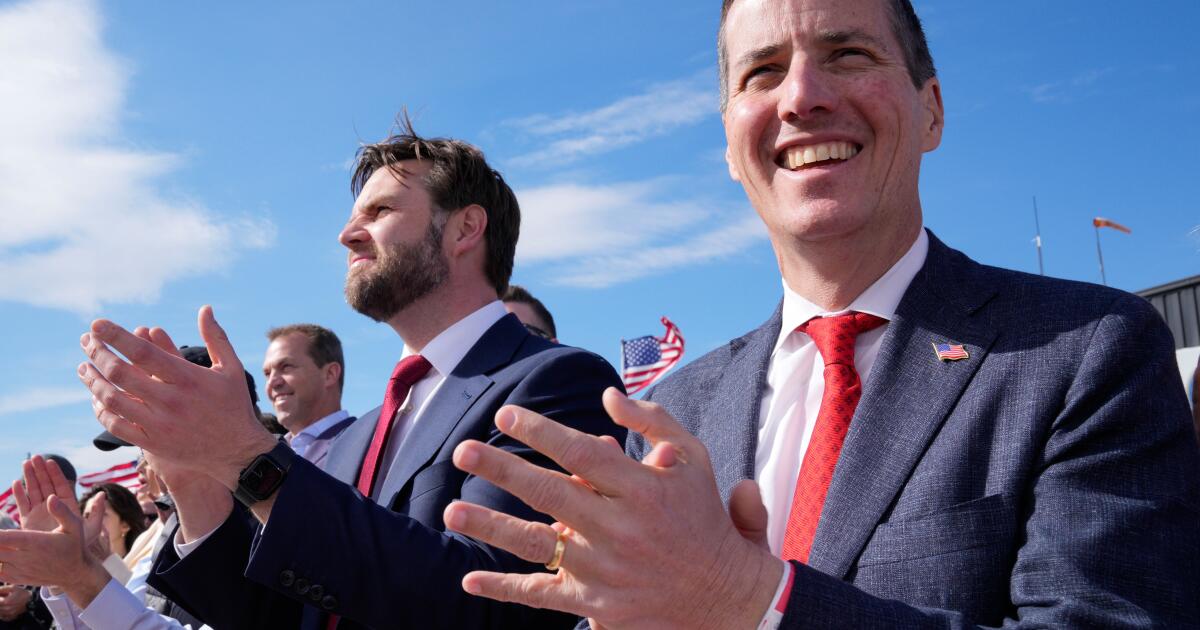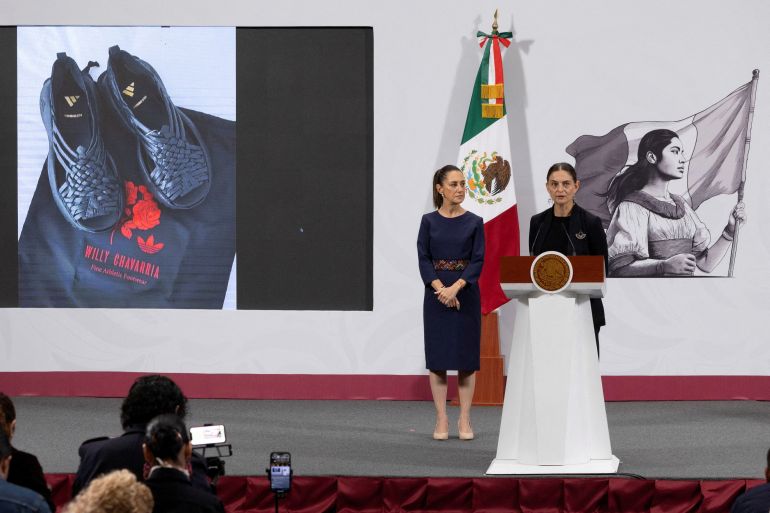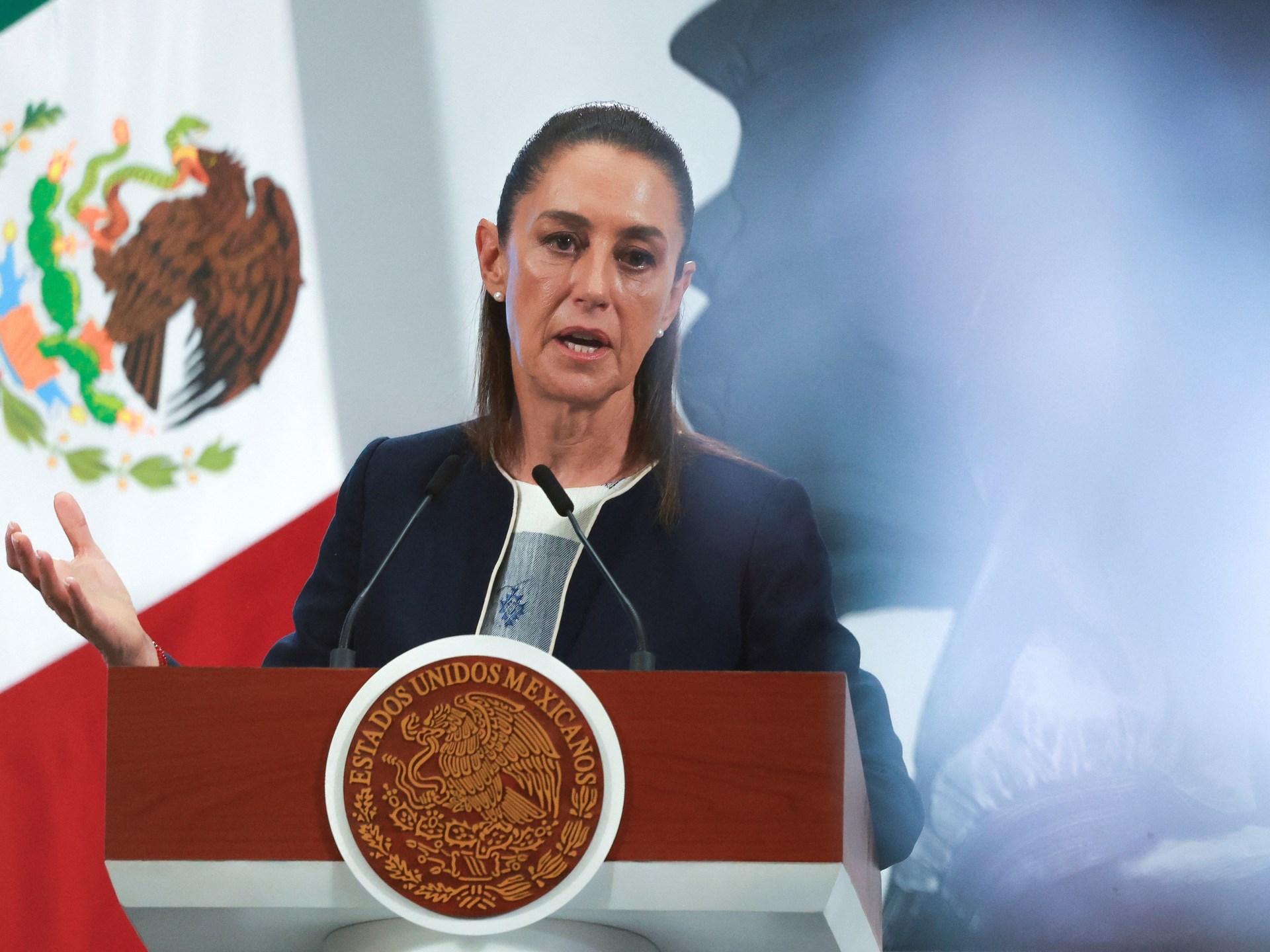How large is the U.S. undocumented population?
The Pew Research Center estimates the undocumented population in the U.S. has grown substantially since 2021.
A new study from the Pew Research Center released Thursday shows that the number of unauthorized immigrants — the organization’s terminology for undocumented people — reached an all-time high of 14 million people in 2023. That’s up 3.5 million from 2021, which marks the largest two-year jump the center has recorded.
Pew has sub-categorized unauthorized immigrants in two groups: those with deportation protections and those without.
“There are some people who enter the country without authorization and have remained in that status since,” the director of race and ethnicity research at Pew, Mark Hugo Lopez, told The Times. “There are others who may have come to the U.S. legally — for example on an H-1B visa — but their visa expired, they overstayed their visa and are now also classified as unauthorized immigrants, even though they entered the country legally.”
Lopez went on to explain that there’s another subset: people who entered the country without authorization but are granted a number of exemptions, particularly temporary protection from deportation through different programs. This includes people like those with Temporary Protected Status (TPS) or those who are in the Deferred Action for Childhood Arrivals (DACA) program.
Unauthorized immigrants with protections were largely responsible for the increase from 2021 to 2023, Pew found.
Overall, unauthorized immigrants made up 27% of the total foreign-born population in the U.S. in 2023, with 8 million having no protections and 6 million having some level of protection.
California led the country with the largest unauthorized immigrant population at 2.3 million people, followed by Texas with 2.1 million people and Florida with 1.6 million people. The Sunshine State had the largest increase in the demographic from 2021 to 2023, probably due to then-President Biden’s immigration policies — such as the Cuban, Haitian, Nicaraguan and Venezuelan (CHNV) parole program.
When it came to families with mixed status, most children — 4.6 million out of 6.1 million — living with an unauthorized immigrant parent are U.S. citizens.
Newsletter
You’re reading Latinx Files
Fidel Martinez delves into the latest stories that capture the multitudes within the American Latinx community.
You may occasionally receive promotional content from the Los Angeles Times.
In regard to the U.S. workforce, unauthorized immigrants made up 5.6% of the national workforce. In California, unauthorized immigrants made up 8% of the statewide workforce by 2023.
One aspect of the research that stood out to Lopez the most was the shift in where immigrants to the U.S. are coming from, even if the country with the most people coming to the States remains the same.
“Unauthorized immigrants from Mexico are still the single largest group of unauthorized immigrants, but there are immigrants coming from many other parts of the world: from China, from India, from countries in Africa, from other parts of Latin America, including Venezuela,” Lopez noted.
Though the results of the latest Pew report focused on in-depth research of data from 2021 to 2023, the center acknowledged the new state of affairs for unauthorized immigrants over the last two years.
“The Trump administration, and the Biden administration as well, has changed who has protections and those who don’t,” Lopez said. “One large group — those in the CHNV program — had temporary protections from deportations and even permits to work in the United States temporarily. However, the Trump administration has revoked those protections, and now those immigrants are are no longer protected from possible deportation.”
Based on statistics from the Department of Homeland Security and other available government data, Pew estimates that the U.S. unauthorized immigrant population probably continued to increase through mid-2024. With the start of the new year and new presidency in 2025, Pew estimates that the unauthorized immigrant population probably declined by quite possibly as much as 1 million people. Despite that falloff, it is still believed that — as of July 2025 — the unauthorized immigrant population “almost surely” remains higher than in July 2023.
In January 2025, the census estimated the U.S. foreign-born population at an all-time high of 53.3 million people (15.8% of the total U.S. population). The agency’s data showed a decline during the first six months of 2025 and by June 2025, the foreign-born population was 51.9 million — a drop of 1.5 million people from its peak in January.
That change in data may be attributed to several different factors, Lopez pointed out.
“That may be a real decline, but it also may be that perhaps what we are seeing is a change in the way people are responding to the survey,” he said. “Or perhaps people are not responding to the survey at all, which may have an impact on our estimate of how many immigrants live in the country.”
Regarding the effect of self-deportations on the overall immigrants population in the U.S., Lopez said there is currently no data available to Pew that can definitively point to how much that process has affected the population.
“People make decisions to return to their home countries or maybe go to another country to pursue opportunities, whether economic or otherwise,” he explained. “So the idea of a particular self-deportation is really more that maybe people were choosing to leave and they’ve left in the last few months and it has more to do with their own opportunities or other decisions. While it would be great to know whether or not self-deportation has happened and how much so, we need more data to be able to give a precise estimate for that.”
With many uncertainties regarding potential future difficulties in gathering demographic information, Lopez acknowledged that Pew will have to adapt to the times.
“It is possible that we may have to make further adjustments to our estimate to capture undercount and other challenges in collecting data about immigrants and particularly unauthorized immigrants in the U.S.,” he said.
Trump’s anti-immigrant policies are driving even U.S. citizens away
De Los reporter Andrea Flores wrote about an ongoing trend of seeking dual citizenship, both among the U.S. Latinx population and the general population.
“Are we even safe as American citizens?” asked L.A. resident Julie Ear in a video interview with The Times’ Diana Ramirez Santacruz — citing instances in which U.S. citizens have been taken into custody by Immigration and Customs Enforcement. “ Even though we were born here, we don’t know if we’re gonna be safe long term.”
This year, Ear documented her mother’s self-deportation at the Tijuana airport in a TikTok video that has garnered 9.3 million views.
Longtime Angeleno Nicole Macias applied for dual Mexican citizenship last year and has since turned to social media to educate others about the dual citizenship process.
“The political climate right now in Los Angeles is really crazy. A lot of people just feel unsafe,” Macias told The Times. “A lot of people are turning back to this idea of being able to go back to Mexico and have an easier lifestyle.”
This trend also applies to non-Latinx U.S. citizens. A record number of Americans applied for British citizenship between January and March, according the U.K. government. Some Canadian lawyers also noticed an uptick in Americans seeking Canadian citizenship in recent months, with many citing political uncertainty in the U.S. as a motivating factor.
In the wake of ICE raids in L.A., artists band together for immigrants
Curator Love, Este Hogar no le abre la puerta a I.C.E.
(Amelia Tabullo)
De Los contributing writer Sarah Quiñones Wolfson wrote about how members of the L.A. arts community are using their work to raise funds to support immigrants in the city.
Quiñones Wolfson spoke with a slew of artists whose work depicts and benefits the L.A.’s vibrant and vital immigrant populations. Included in the article are striking photos of the previously mentioned artwork with a message.
In the piece, Erika Hirugami — an academic curator and founder of the immigrant-focused art enterprise CuratorLove — introduced me to the inclusive phrase “undocplus” (also spelled “undoc+”) which refers to formerly or currently undocumented people, emphasizing a shared lived experience.
Stories we read this week that we think you should read
Stories we read this week that we think you should read
Unless otherwise noted, all stories in this section are from the L.A. Times.
Immigration and the border
Politics
Climate
Education
Arts and Entertainment
California-specific agony
(Jackie Rivera / For The Times; Martina Ibáñez-Baldor / Los Angeles Times)
